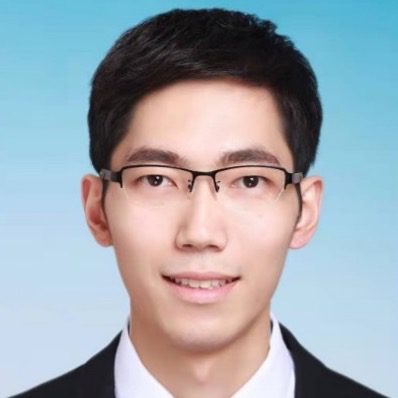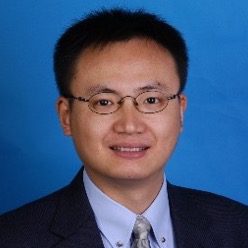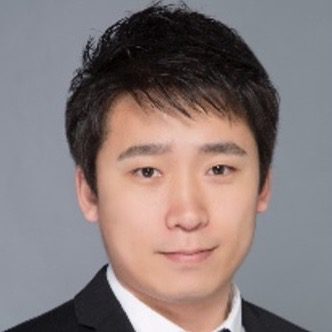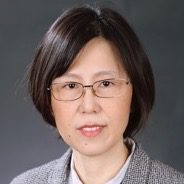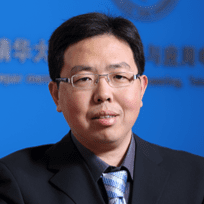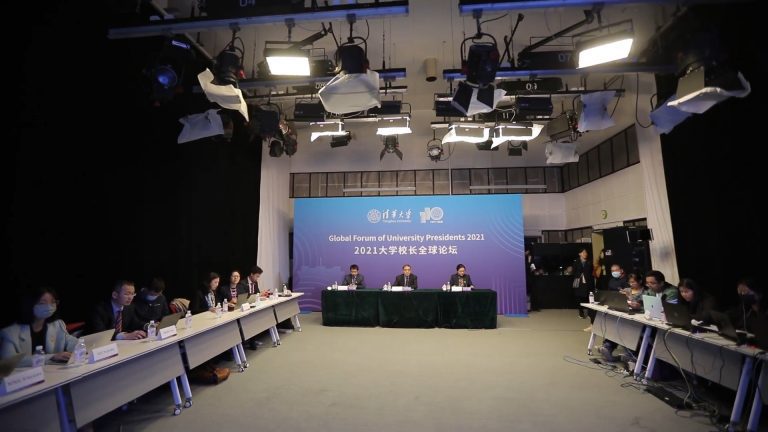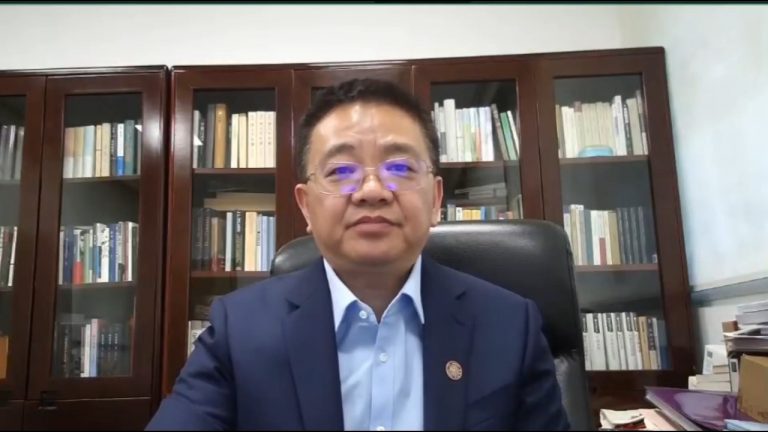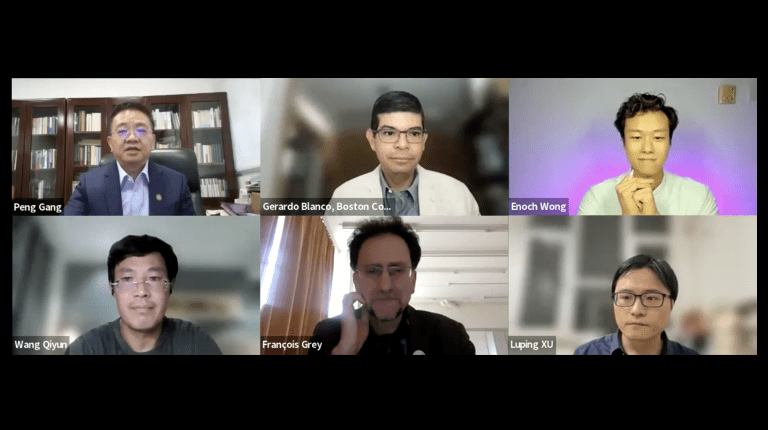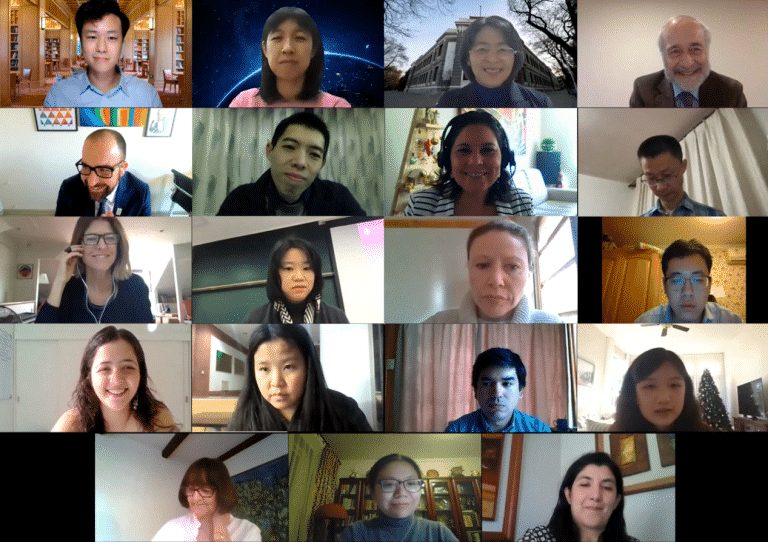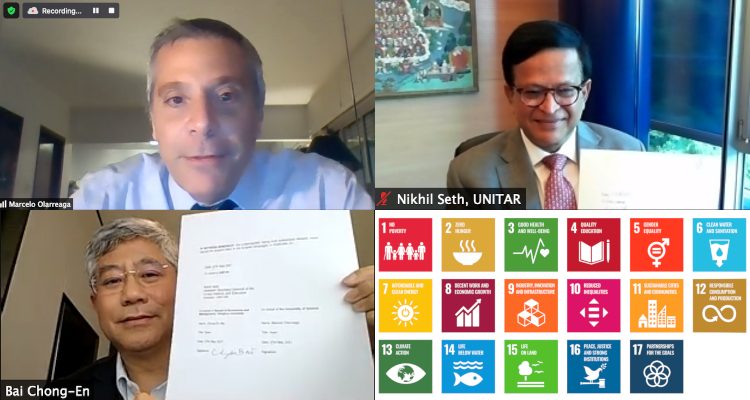This Tsinghua University course (graduate-level) is a part of the Global Hybrid Classroom (GHC) Certificate program.
Climate change and energy security are the top global concerns today. Electrical energy is currently the most widely used secondary energy, and its clean and low-carbon transformation plays a pivotal role in ensuring energy security and reducing greenhouse gas emissions. As a result, electrical engineering plays an important role as a discipline that studies the production, transmission, distribution and utilization of electrical energy. This program is designed to introduce basic and core knowledge to students and researchers interested in electrical engineering, including “Principles of Electrical Circuits” related to power transmission and distribution, “Automatic Control Systems”, a basic and professional course related to system control technologies, “Electric Machinery Fundamentals” on the working principles of motors, transformers and other equipment, as well as the “Fundamentals of Power Electronics” widely used in renewable energy integration and new smart grids.
“Fundamentals of Electrical Engineering” certificate is compromised of 4 courses:
Global Hybrid Courses (GHC) is currently open to current students from overseas partner universities of Tsinghua University, and it’s free. If your university (instructor or students) would like to join the program and experience what it is like to teach and learn in a truly global classroom, please contact the Assistant Secretary-General of the Global MOOC Alliance at [email protected] or [email protected].
How to attend our GHC courses?
- Tsinghua University will send the list of GHC courses to overseas partner universities every semester. These universities will notify students to enroll and priority will be given to students eager to take part
- Students from overseas partner universities have to complete the courses required by the GHC Certificate within a specified time. After completing each course, they will receive a GHC transcript issued by Tsinghua University.
- Students from overseas partner universities attending Tsinghua’s postgraduate courses, whose own universities do not allow for credit transfer, can enjoy credit exemption if they study for postgraduate degrees at Tsinghua University in the future.
How to apply for the certificate upon completion of the required courses?
- Please send your name, university, and GHC transcripts to us at [email protected]

